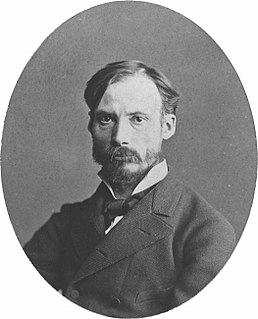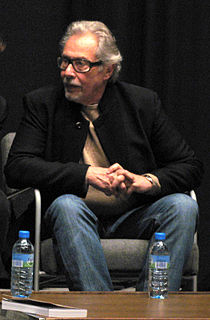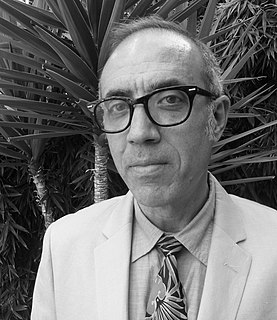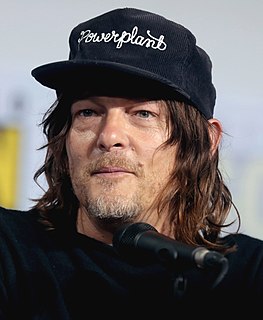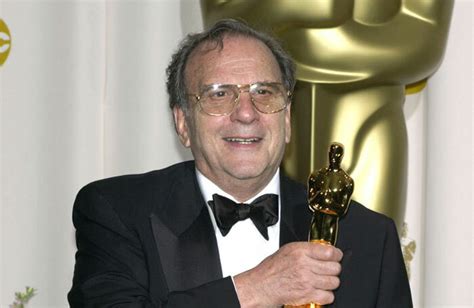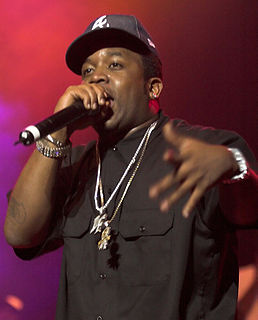A Quote by Sally Mann
When I read something, I picture that scene in that detail. That becomes very similar to composing a photo in real life.
Related Quotes
That scene that I have with Brad Pitt in Meet Joe Black is one of my favorite scenes that I've ever done. He's very modest. He's a real hardworking actor. I think he was going through something difficult at that time, and he never brought his personal stuff - not once! - on the set. He was a real pro. I remember doing that scene, and as I was acting, I thought, "I understand why this guy's a movie star." Because there was just something that he did when the cameras rolled. There was some kind of energy that was really magnificent, a real aura about him.
The dozens of people working on this at Digital Domain, they knew that you couldn't get away with almost photo real, because we had real real in the room. You have real real in the cut every four or five shots, so you have this constant yardstick built into the footage by virtue of there being no real robot there. So it became the standard of photo reality that the VFX team had to match.
I did a film called 'Floating' early on that had a scene which was similar to a real-life situation I was in at the time. It involved me having a conversation with my father, who was dying. It was close to home and it made me realise acting wasn't just making faces for the cameras, it was a real art form.
Even one word, or certainly one sentence, should be able to describe the basic characteristic that the scene has, or the character has, or the story has. And then you begin to detail that one spine, and you have offshoots from that spine, and it becomes more and more complex, but all of it stems from that one-word, one-line theme, which can give the character, the scene, or the play its uniqueness.
Sometimes people that are very good at improvisation in life, meaning like stage improvisation, aren't good in films because you have to ultimately take a scene where it needs to go. It's not about just saying something that's funny. You can say something funny but if it's not on story or driving the scene to its end it's really not very helpful at all.
The scene of independent cinema is already a large scene in America, and not in a negative way, but it's cluttered. It's very populated with just American films, so the room left for foreign movies is not extremely vast. The American public also does not really read. They don't read subtitles. But we're like that in Canada, too.
The elements of a good story are most definitely details, little bitty details. That does it, especially when you're describing, when you're setting the scene and everything. It's like you're painting a picture, so details are very important. Also, the music gotta be right. The music can really set the tone for the story and let you know what the story is gonna be about, but definitely, it's the vibe in the place where you at and the detail.


